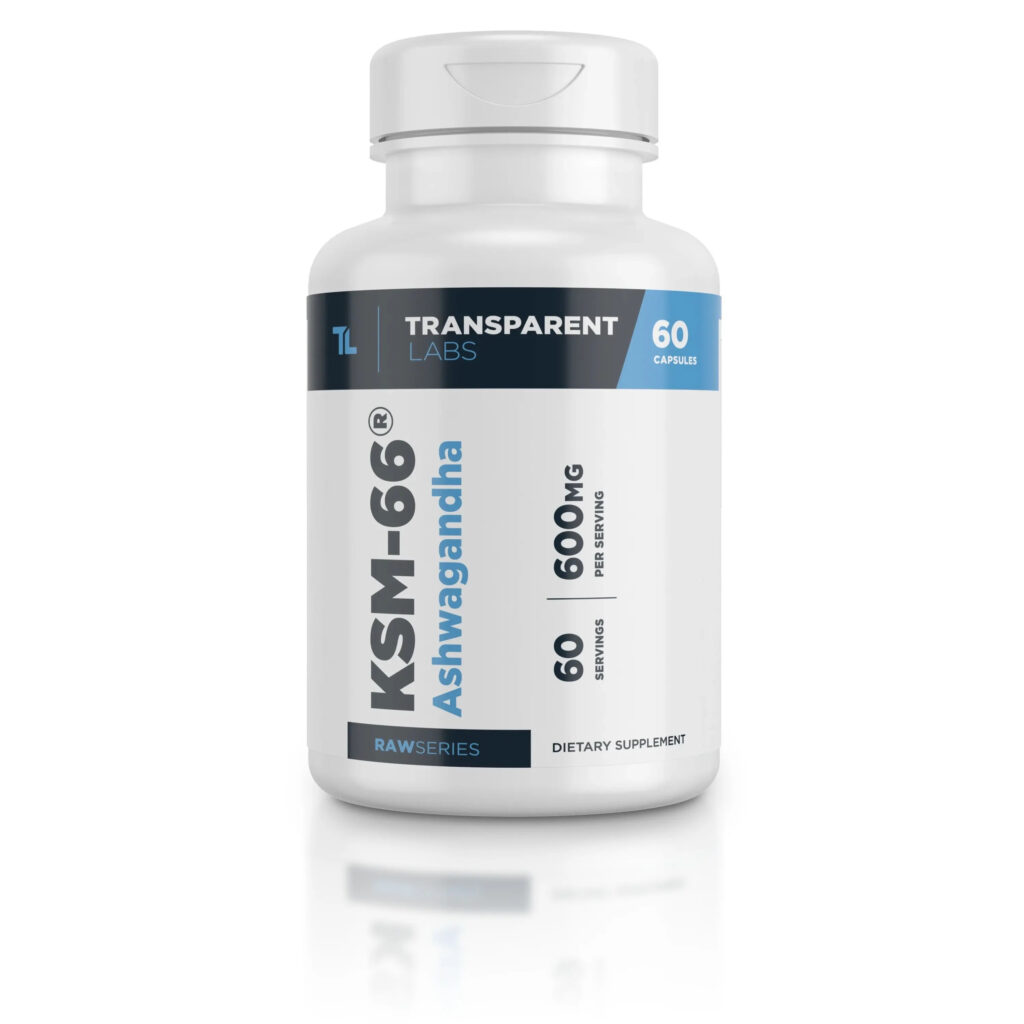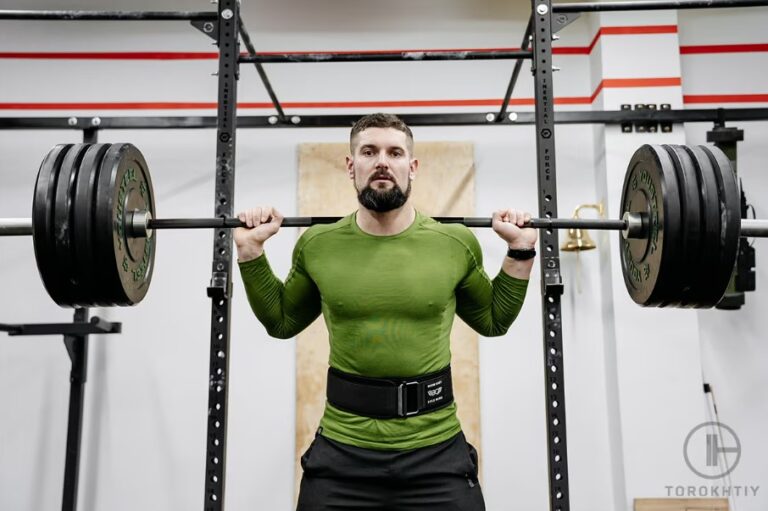How Long Does Ashwagandha Take To Work?
You may be wondering, “How long does ashwagandha take to work?” In this article, we’ll be covering all the different use cases of ashwagandha, and how long you can expect it to take for each use. Whether you want to use ashwagandha for athletic performance, sleep, anxiety, or test levels, how long will it take to be effective?
If you’re wondering, “How fast does ashwagandha work?” Keep reading to find out the answer.
How Long does Ashwagandha take to Work? While further research is needed to fully understand ashwagandha, for most purposes a dose of 600mg a day should produce meaningful results for multiple purposes. For athletic performance, sleep, anxiety, and test levels, improvements were all noted over 8 weeks.
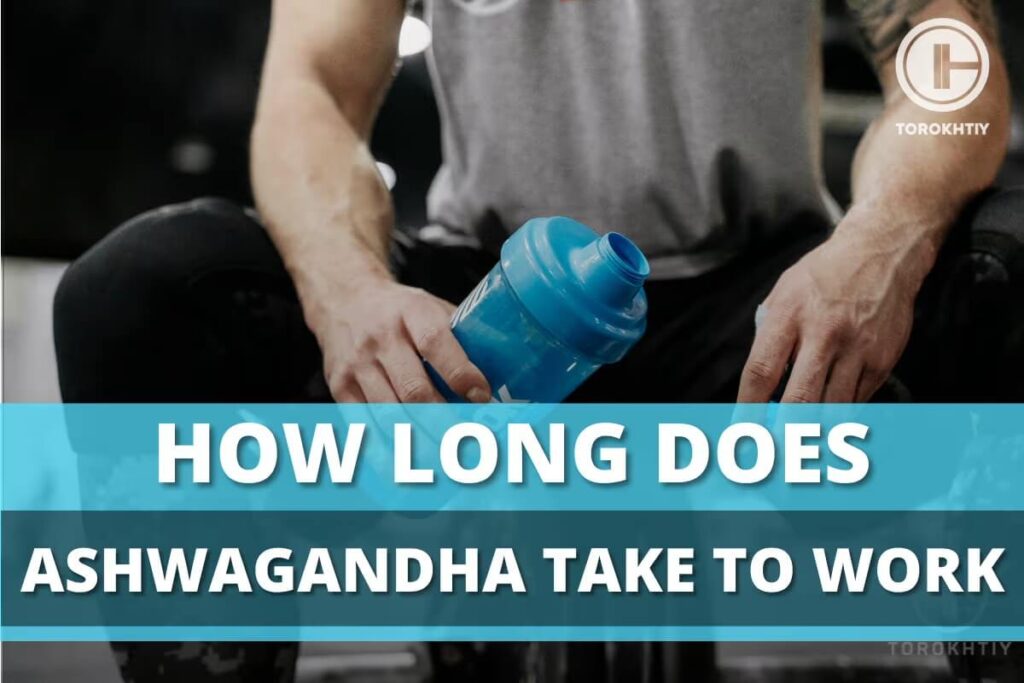
How Long Does Ashwagandha Take To Work?
Before getting into how long ashwagandha will take to work, safety should be mentioned.
Ashwagandha is fairly well researched, and while it does appear to be safe for the vast majority of people, you may still want to exercise caution before using it, especially if you have any pre-existing health conditions. Consider consulting a doctor before using ashwagandha.
So, with this being said, when does ashwagandha start working? While effects will likely vary, the vast majority of studies on ashwagandha were conducted over an 8 week trial period.
This means we can use 8 weeks as a good baseline for whether or not ashwagandha will produce meaningful results in any given area. While some results will likely become noticeable before an 8 weeks is through, for all the factors covered below meaningful results have been measured at the end of an 8-week trial.
Most of the studies also used 300-600mg per day of ashwagandha, which is a fairly standard dose.

However, some people do experience effects from ashwagandha such as relaxation and reduced stress within a couple of hours to a few days. So, results will vary from person to person.
For optimal results, you should figure out how to know if ashwagandha is working or not. It’s worth noting that outside of an experimental environment where researchers are measured by results, you will need to rely largely on your own experience to determine whether or not ashwagandha is working for you.
For whatever you’re using ashwagandha for, whether it be strength, anxiety, or sleep, consider tracking your progress to see when it begins to have an effect.
It’s worth noting that the most significant effects of ashwagandha will be its stress reducing properties, sleep time and quality improvements and some effects on testosterone production. All of that combined may in turn produce better results in the gym.
To check how ashwagandha is affecting your strength, measure your lifts before taking ashwagandha, and check them again after a couple of weeks to see if they’ve improved. For sleep and anxiety, consider keeping a journal to see if you’re noticing any improvements.
Test levels are harder to keep track of as you’ll need to get blood work done to see if ashwagandha is having an effect. Getting blood work done is still relatively cheap if you’re interested. However, for many other areas, you can measure its effectiveness on your own.
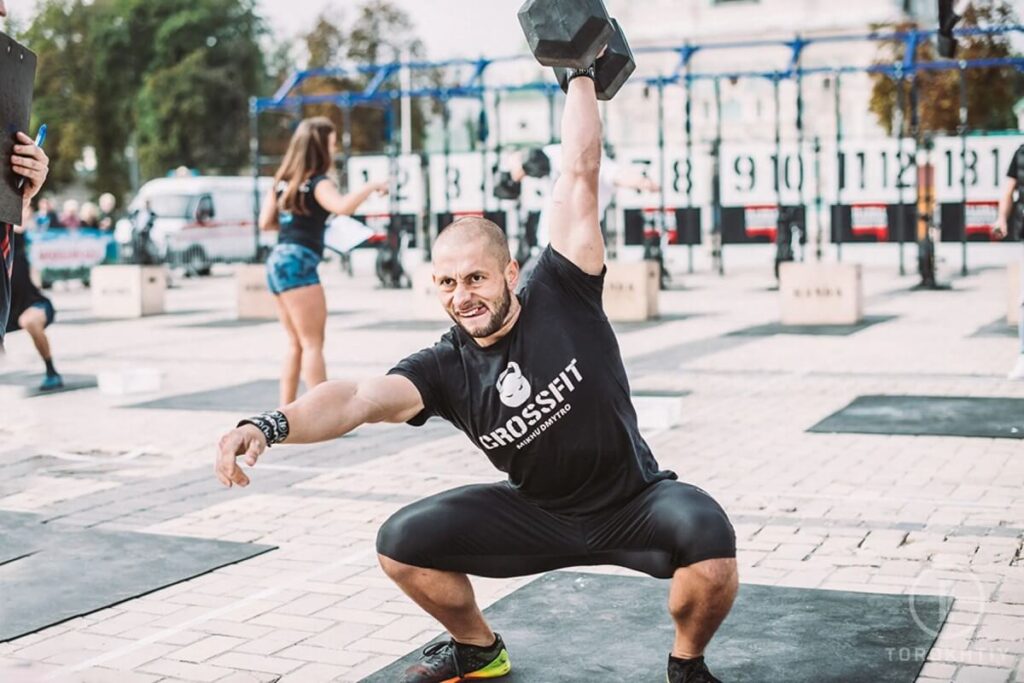
1. For Strength And Athletic Performance
For the study that measured ashwagandha’s effects on strength and athletic performance, results were tested once at the beginning of the 8-week-long experiment, and again at the end.
When compared with a placebo group, those taking 600mg of ashwagandha a day showed significantly higher bench press and leg-extension strength, as well as increased muscle size in the arms and chest. The ashwagandha group also demonstrated improved recovery via reduction of exercise-induced muscle damage.
Because the researchers only measured results after 8-weeks, it’s difficult to say when exactly ashwagandha began to work on muscle strength and performance.
However, these results indicate that ashwagandha will have a significant effect on these areas somewhere within a 2 month span. But because of the study limitations you should take that information with a grain of salt.
2. For Improving Sleep
While this study on sleep gathered results from various experiments, researchers stated the best results were found in a study that took place over 8 weeks, giving participants 600mg of ashwagandha per day. Across the studies, subjective results showed that sleep quality was significantly improved by ashwagandha.
While it’s not clear exactly when ashwagandha began affecting sleep, several studies showed positive effects on sleep after only 6 weeks. While benefits would likely be apparent sooner, significant results have been reported mainly within a 6-8 week time period.
3. For Reducing Anxiety
Once again, the study on anxiety was conducted over 60 days (roughly equivalent to 8 weeks) with a dose of 600mg total administered over 2 doses taken daily. It was conducted on people who had a history of chronic stress.
Using stress-assessment scales, results showed that ashwagandha significantly reduced stress levels, as well as reduced serum cortisol levels.
Again, it’s difficult to say exactly when ashwagandha began having a positive effect on their anxiety levels, but it does appear to produce meaningful differences over 8 weeks.
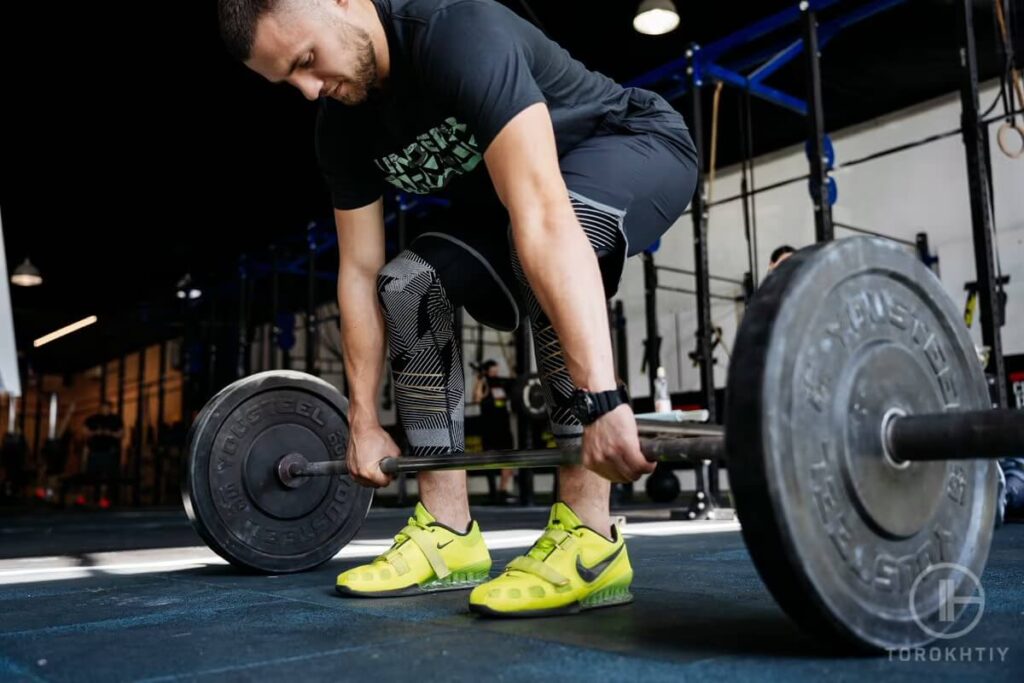
4. For Testosterone
Finally, let’s take a look at ashwagandha’s effects on testosterone. While the first study we covered measured testosterone, there is also a systematic review that looked at numerous ashwagandha studies in regard to test levels.
Most of the studies it looked at were conducted over an 8-week time frame as well and produced statistically significant results in boosting testosterone. Doses varied from as low as 240mg per day, all the way to 675mg.
While testosterone levels likely rose gradually over this experiment, because of the nature of testing, it’s once again difficult to say exactly when these effects began to take place. However, we can be confident that ashwagandha has been shown to raise test levels over 8 weeks.
How And When To Take Ashwagandha For Best Results?
Below we’ll be covering how different studies with different findings administered ashwagandha.
Although methods of consumption may vary slightly for different purposes, the standard dose of ashwagandha appears to be 600mg administered daily. Around 300mg is an acceptable dose on the lower end as well.
While ashwagandha was traditionally boiled into tea and consumed throughout the day, capsules are now much more common.
The most common form of Ashwagandha used is KSM-66 in capsule form. This was either taken all at once or split up across the day. It should be noted that timing does not appear to have as significant of an effect on the results produced by ashwagandha as total dosage.
Essentially, for whatever you’re looking to use ashwagandha for, a 300-600mg dose for 12 weeks should be enough to produce meaningful results. This is based on studies on strength and athletic performance, sleep, anxiety, and testosterone.
For the study on stress and anxiety, a similar dose was administered to the study on exercise performance. Participants were administered 2 capsules of KSM-66 ashwagandha daily, each containing 300mg of the herb.
As you’ve likely already noticed, this is the most common dose of ashwagandha for most research purposes, which has been shown to produce meaningful results for multiple metrics.
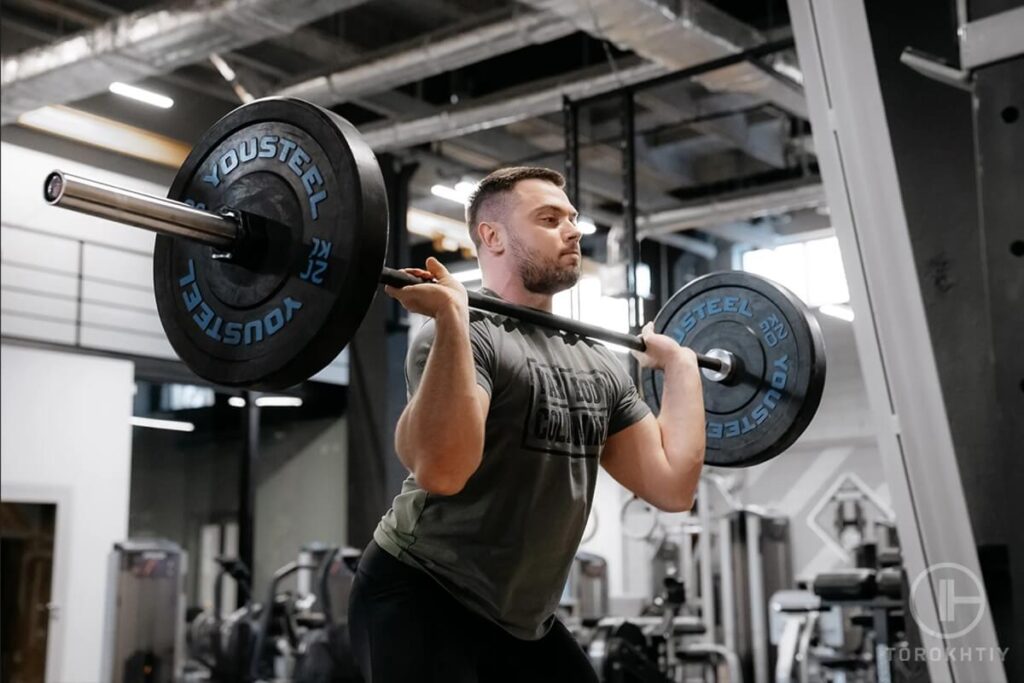
It should be noted that main effects are sleep improvements, raised testosterone and reduced cortisol levels. However, muscle growth and the increases in performance are likely a result of all 3 combined.
For the 5 sleep studies, doses varied between 120mg per day, to 600mg per day. It appears that the experiments which used 600mg per day produced the most significant results on sleep.
For the studies on testosterone there is fairly wide variation in these studies, using either doses of anywhere from 240-675mg per day. It’s worth noting that the lowest dose of ashwagandha (240mg/day) showed the lowest results on testosterone levels. This implies that it may not be enough to produce meaningful results.
More meaningful results were shown in trials that used higher doses of 600-675mg per day. With this being the standard dose of ashwagandha used across most experiments, it appears a standard 600mg dose is optimal for boosting testosterone levels.
In the study measuring strength and athletic performance, ashwagandha was administered twice daily in individual servings of 300mg, for a total of 600mg daily. They were instructed to take one capsule in the morning upon waking, and one capsule in the evening before bed.
This dosage and timing appear to have been effective in the goal of the experiment, which was to improve strength and performance over 8 weeks.
Best Ashwagandha – KSM-66 Ashwagandha Extract – Transparent Labs
It should be noted that ashwagandha has been proven to work for reducing stress, but more research is needed to understand the mechanisms behind its effectiveness.
With this being said, it does appear to produce meaningful results in many different areas. So, if you’re interested in trying ashwagandha for yourself, we recommend KSM-66 Ashwagandha Extract from Transparent Labs.
Each serving of Transparent Labs’ ashwagandha contains 600mg of the herb, which is the standard dose found in most of the studies covered above. It is also KSM-66 ashwagandha which is the type used in most of the studies as well.
This makes it ideal for whatever purpose you want to use ashwagandha for, whether it be strength, sleep, anxiety, or testosterone levels.
If you’re familiar with Transparent Labs, then you’re likely already aware of their commitment to making super high-quality products. This ashwagandha is no exception, containing no artificial ingredients or additives whatsoever.
In terms of price, this is also a very affordable supplement. Each serving will only cost you around $0.33! Especially considering all the potential benefits of ashwagandha, this is excellent value for your money!
You’ll also be getting 60 servings in each bottle, giving you enough for an initial 8 weeks. This will give you the perfect amount to see if the supplement is working well for you.
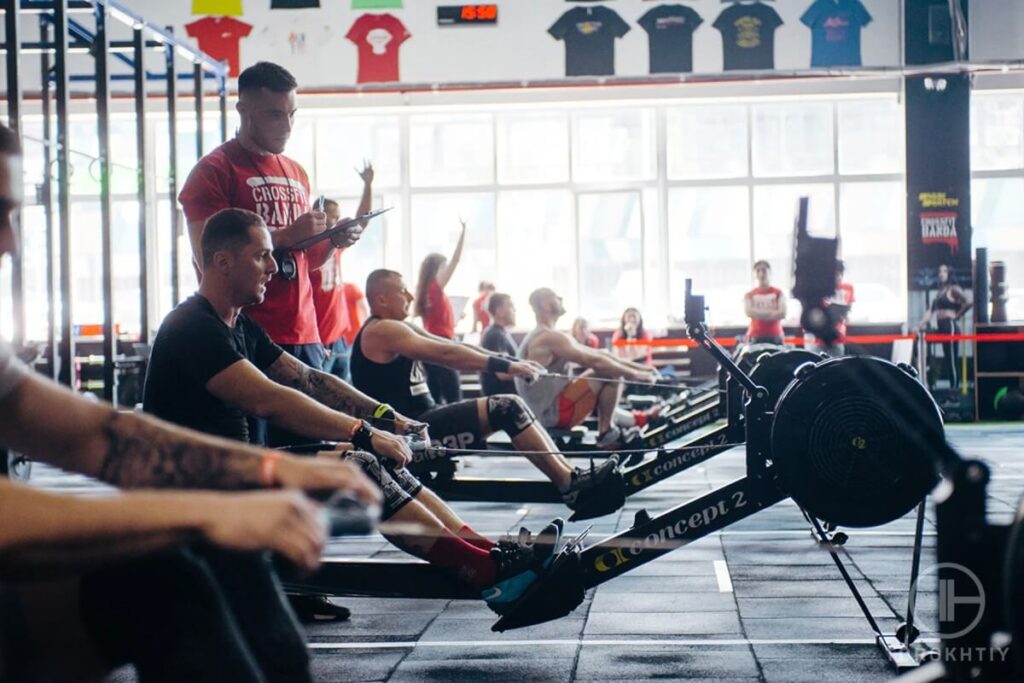
FAQ
How Long Does It Take For Ashwagandha To Kick In?
It’s difficult to say when exactly ashwagandha will begin to take effect because most studies on the supplement only checked for results after 6-8 weeks. With that being said, there were significant improvements measured on strength, sleep, anxiety, and test levels after this time period.
While ashwagandha likely takes effect sooner, you can expect noticeable results within about 6-8 weeks of daily use.
How Do I Know If Ashwagandha Is Working?
Because there aren’t researchers checking your progress, you’ll be responsible for finding out whether or not ashwagandha is working for you.
Figuring this out depends on what you’re using the supplement for. For strength and athletic performance, measure your lifts before taking ashwagandha, and after a few weeks to see if there’s an improvement.
For sleep and anxiety, keep a journal to see how your symptoms improve. For testosterone, you’d need to get blood work done to be sure, but you can use markers of energy, and strength as subjective measures as well.
Overall, determining whether or not ashwagandha is working for you will come down to a matter of your own observation.
Does Ashwagandha Work Immediately?
While ashwagandha will likely start working after a few days of consistent use, most studies only measured results after 8 weeks. However, some people report noticing effects within as little as a few hours.
This makes it difficult to say when exactly ashwagandha will take effect, but we can see that it will likely show noticeable effects within the first 2 months of use at the very latest.
Conclusion
Overall, for whatever purpose you’re using it for, whether it be sleep, anxiety, strength, or testosterone, ashwagandha appears to produce significant results. Across all the studies we looked at, meaningful results were measured after 8 weeks of daily supplementation with 600mg of ashwagandha. Although results will likely become noticeable sooner, it appears that 8 weeks is a good length of time to take ashwagandha before deciding if it’s working well or not.
If you’re interested in taking ashwagandha, we recommend KSM-66 Ashwagandha Extract from Transparent Labs for its high quality and great price.
Are you interested in ashwagandha, or have you taken it before? Were you familiar with all of its potential benefits? Let us know your thoughts in the comments below!
Also read:
- Does Ashwagandha Increase Testosterone
- Tongkat Ali vs Ashwagandha
- Rhodiola vs Ashwagandha
- Best Time to Take Ashwagandha
- Ashwagandha Dosage for Testosterone
- How to Use Ashwagandha for Weight Loss
- Is Ashwagandha Considered a Steroid
- Does Ashwagandha Help With Muscle Growth
- Does Ashwagandha Cause Weight Gain
References:
- Camellia Akhgarjand, “Does Ashwagandha supplementation have a beneficial effect on the management of anxiety and stress?”, PubMed, https://pubmed.ncbi.nlm.nih.gov/36017529/
- Sachin Wankhede, “Examining the effect of Withania somnifera supplementation”, Pubmed, https://www.ncbi.nlm.nih.gov/pmc/articles/PMC4658772/
- Kae Ling Cheah, “Effect of Ashwagandha (Withania somnifera) extract on sleep”, Plos One, https://journals.plos.org/plosone/article?id=10.1371/journal.pone.0257843
- Abhijit Deshpande, “A randomized, double blind, placebo controlled study to evaluate the effects of ashwagandha (Withania somnifera) extract”, ScienceDirect, https://www.sciencedirect.com/science/article/abs/pii/S1389945720301246?via%3Dihub
- K. Chandrasekhar, “Study of Safety and Efficacy of Ashwagandha Root Extract”, NCBI, https://www.ncbi.nlm.nih.gov/pmc/articles/PMC3573577/
- Stephen J Smith, “Effects of Herbs on Testosterone Concentrations in Men”, NCBI, https://www.ncbi.nlm.nih.gov/pmc/articles/PMC8166567/
- “Botanical Medicines to Support Healthy Sleep and Rest”, UW Integrative Health, https://www.fammed.wisc.edu/files/webfm-uploads/documents/outreach/im/tool-botanical-meds-to-support-sleep.pdf
Why Trust Us?
With over 20 years in Olympic Weightlifting, our team does its best to provide the audience with ultimate support and meet the needs and requirements of advanced athletes and professional lifters, as well as people who strive to open new opportunities and develop their physical capabilities with us.
By trusting the recommendations of our certified experts in coaching, nutrition, dietology, and sports training programming, as well as scientific consultants, and physiotherapists, we provide you with thorough, well-considered, and scientifically proven content. All the information given in the articles concerning workout programming, separate exercises, and athletic performance, in general, is based on verified data. We ensure that you can rely on our professionals’ pieces of advice and recommendations that can be treated as personalized ones which will benefit you and fully meet your needs.
The product testing process is described in more detail here
Author: Jacek Szymanowski
Certified Nutritionist,
M.Sc.Eng. Biotechnology
Performance Architect,
Strength and Conditioning Specialist
With over 30 years of fighting experience, specialization in nutrition coaching for athletes, and expertise in metabolic health and dietary strategies, Jacek offers a comprehensive approach to optimizing your performance and well-being. Backed by a Master of Science degree in Biotechnology, Jacek remains at the forefront of scientific advancements, ensuring that his coaching is always evidence-based and up-to-date.

